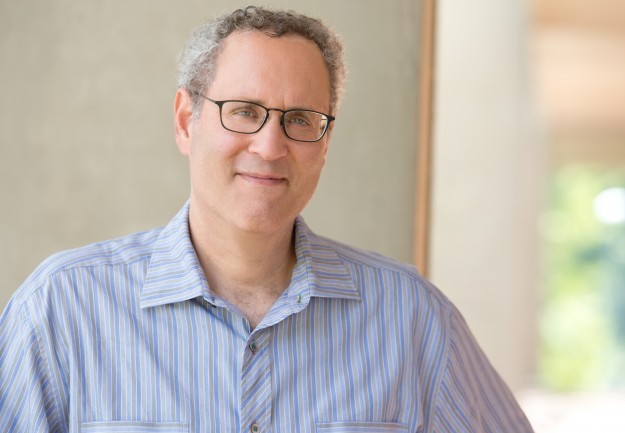The U.S. Supreme Court’s 5-to-4 ruling that the chain store Hobby Lobby may refuse to provide employees contraception coverage on religious grounds sparked a controversy that’s likely to continue as the effects of the ruling become clearer.
“I think one of the real questions that’s hard to answer right now is, how far-reaching this is,” says Michael Gerhardt, a Samuel Ashe Distinguished Professor in Constitutional Law, and Director of the Center for Law and Government at the University of North Carolina.
“Because there are laws enacted throughout this country, not just by the federal government, which require people to do certain things that may on some level not be all that compatible with their particular religious views,” he adds.
Gerhardt says it’s no big surprise that the court was closely divided, with the conservative side being sympathetic to Hobby Lobby’s arguments.
On Monday, Justice Samuel Alito delivered the majority opinion that a closely held company such as the craft store Hobby Lobby, which is not traded publicly, may claim itself exempt from the Affordable Care Act’s mandate that employers provide coverage for contraception to employees, if that exemption is claimed due to religious beliefs.
“One other angle to this case is that there’s another federal law, the Religious Restoration Act, which Congress had passed,” says Gerhardt, “and that act is designed to provide the means by which people who believe the federal government has dome something that might impede their religious beliefs are able to bring an action under that act,. And that’s probably what’s going on here.”
The Religious Freedom Restoration Act of 1993 was passed mainly to protect the sacred lands and religious practices of Native Americans. It was also cited in arguments for Hobby Lobby’s side.
The RFRA was passed in reaction to outrage over the Employment Division vs. Smith ruling of 1990.
In that case, the court held that the state of Oregon could deny unemployment benefits to two Native American drug counselors after they were fired for ingesting peyote as part of a religious ritual.
That opinion was delivered by one of the justices that sided with Hobby Lobby in this latest ruling.
“There’s another case out there that Justice Scalia wrote a few years back called Employment Division vs. Smith, which basically said that if you have a generally neutral law, then it doesn’t really matter if it burdened religion – even if it burdened it significantly, as long as it was generally applicable, and neutral” says Gerhardt. “Well, some might say, could this have been that kind of law?”
On Monday, Justice Ruth Bader Ginsburg released a harsh dissent against the majority opinion in the court, in which she stated that the court had “ventured into a minefield.”
“I can see her point,” says Gerhardt. “I mean, the difficulty here is: What’s going to prevent businesses from all over the country trying to opt out of any kind of obligations they have under federal law, because their owners might claim they’ve got religious convictions not to comply with these laws.”



Comments on Chapelboro are moderated according to our Community Guidelines